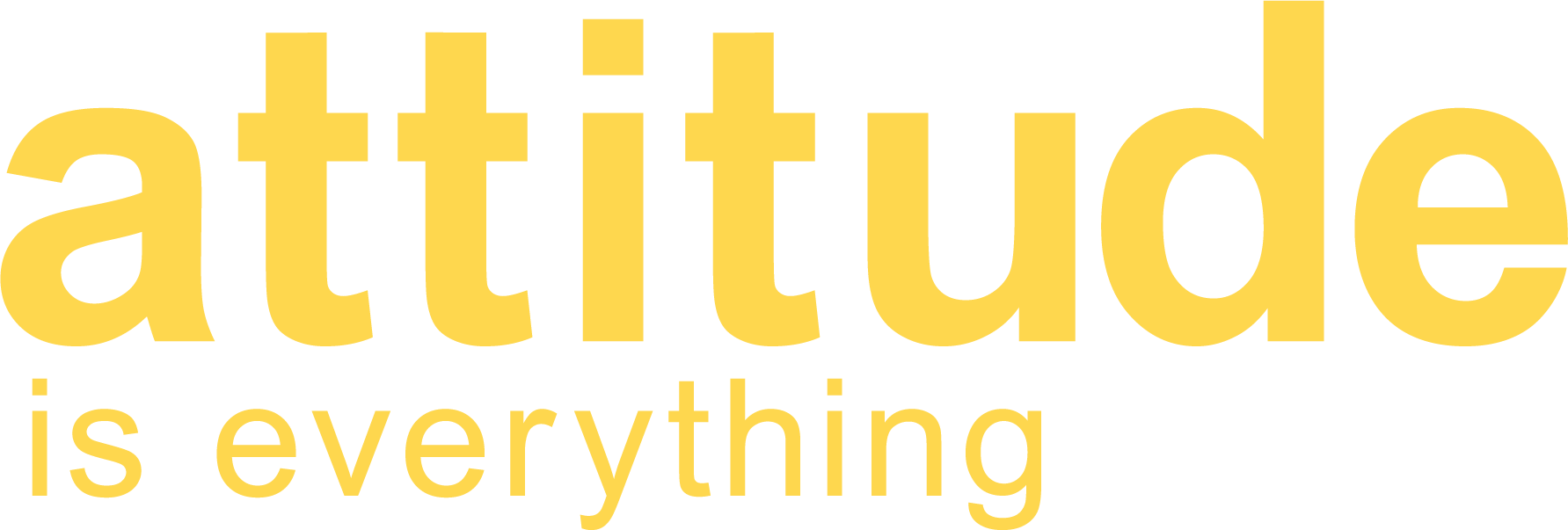First of all, please explain your role and what you do?
I am a music manager now, I came from a touring background but had slowly started to covert into a manager a few years ago. The pandemic put a sharp end to the touring so I guess now I am a fully fledged music manager. I set up Harbourside Artist Management to work with artist with disability, and to help try and bring some more representation into the mainstream music industry.
How did you start working in the music industry?
I actually used to be a radio presenter, I had my own show and used to love featuring local bands. From that I got scouted to work in A&R, and from there I was asked by a close friend if I wanted to be their tour manager. I started with just one client but it grew into a seven year career of never being off the road. I took the decision to move more towards music management when I was diagnosed with an eye condition, so needed to plan for more stable surroundings.
Do you think there are ways in which having lived experience of an impairment or health condition helps you in your role?
In my case I think it does. I manage artists with disability, and it definitely helps to have an understanding of the barriers they face in the music industry. As someone with an acquired disability I have taken a view on disability from both sides of the fence, and undoubtedly your empathy levels are different when you have that lived experience. We pride ourselves on helping to bridge the clear gap between the disability arts world and the mainstream music industry so being a part of the community means I can speak truly from the heart on that.
What do you think the music industry could do to be more accessible to Deaf and disabled people who want to work in music?
So many things, but I think predominantly we need to talk more. We need to normalise the conversation around disability in the music industry. That for me means educating the people at the top to be more open understanding people with disabilities and learning about what they might need to be able to do their job. It really might not be a lot, but I think there is a perception in all industries that employing someone with a disability is costly and not efficient. I worked as a tour manager for years as my eyes were giving up on me and I found it increasingly difficult, I didn’t feel I could openly up to artists and promoters and tell them what was going on. If I were to be approached though, or felt there was an open dialogue on it, and that it wouldn’t cost me my job to open up about it, I’m sure I would have talked about it. On that note the idea of a disability rider being compulsory on every touring rider would be a huge step forward in opening the communication lines a little more, and normalising that conversation.
What advice would you give to other people with impairments or health conditions who want to get into the music industry?
As with whatever industry you want to get into, if you know you can do it and your disability doesn’t prevent you from doing it, then there is every reason to pursue a career in the music industry. Don’t be afraid to talk about it and be open and transparent about your disability to potential employers. There are a lot of negative disclosure stories out there but actually it’s important to highlight the positive ones too. It took me a long time to be completely ‘out’ but the limited times I did disclose my disability in a work situation before that I can honestly say I only ever had positive experiences. Don’t be afraid, your disability does not define who you are and the job you can do.

